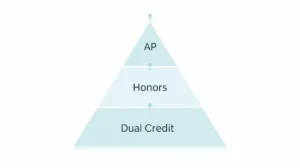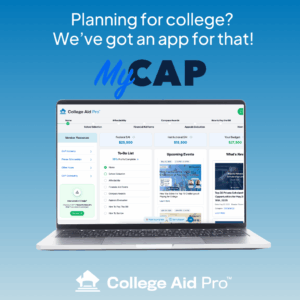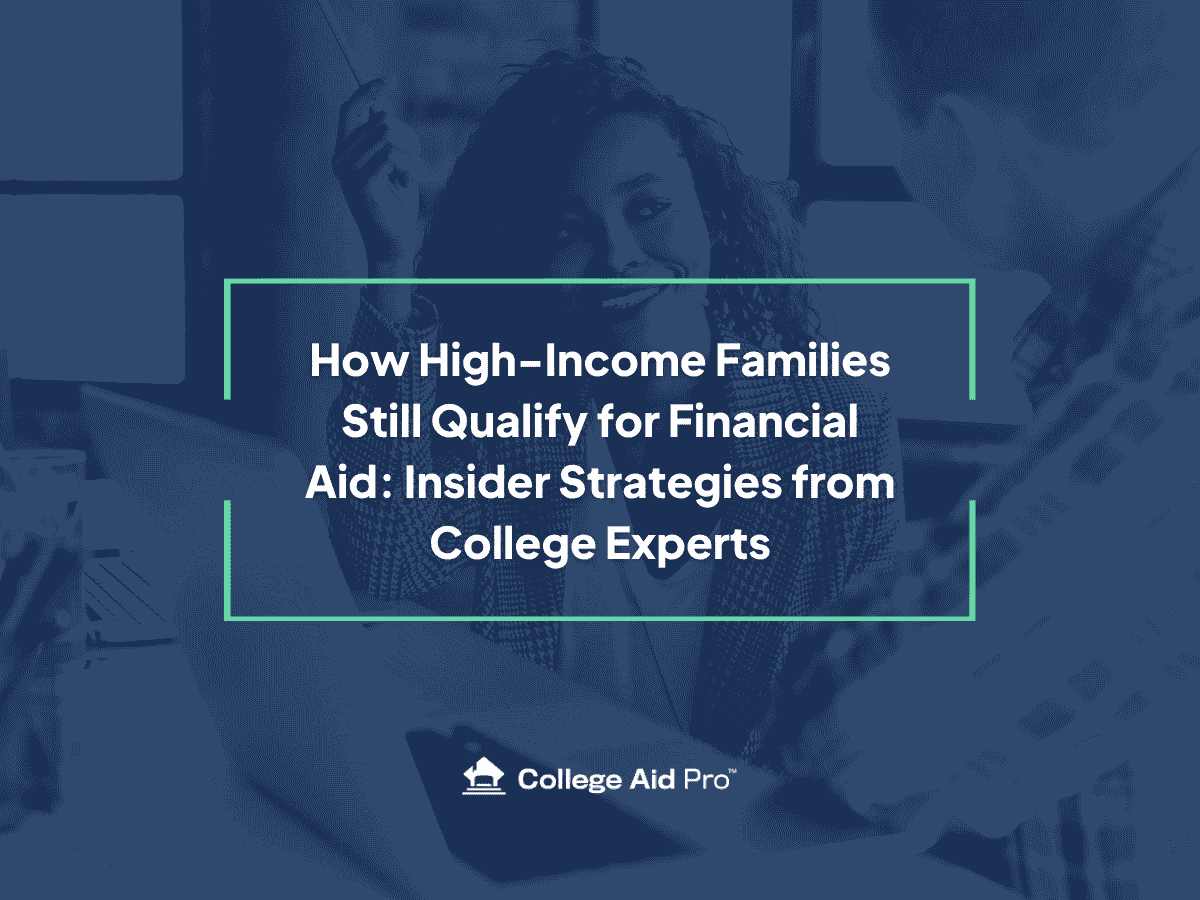Senior Year Class Schedule: How to Choose Classes Colleges Love
Senior year is busy—apps, essays, life. Your senior year class schedule shouldn’t tank your chances. Here’s exactly how to pick classes colleges respect (without burning out), when to go above the minimums, and how AP, honors, and dual credit fit into the picture.

Know the Minimums (and When to Go Beyond)
Start with each target college’s published admission course requirements (usually on the Admissions → First-Year Requirements page). If a school requires 4 years of math, take four. If a school lists 3 years in a core subject, going above and beyond still helps—especially at selective schools.
Quick rule: Aim for a full academic load senior year. Colleges look for continued rigor; they don’t want to see you “coast.”
AP vs. Honors vs. Dual Credit—What Looks Best?
AP Courses
AP = the strongest rigor signal at many high schools. You don’t have to ace every exam to show challenge, but choose APs where you can realistically earn B or better.
Good picks: AP English (Lit/Lang), AP Calc or AP Stats (if math-ready), AP science/history aligned to your strengths.
Skip list: AP purely for the label if you’re likely to struggle and drop your GPA.
Honors Courses
Honors keeps rigor high without the full AP pace. A B in honors typically reads better than an easy A in regular. Use honors to balance your load while keeping your transcript strong.
Dual Credit (College in High School)
Dual credit can save time and money—but credit transfer isn’t universal. Check each target college’s transfer policy before enrolling. These courses signal college readiness and can be great for core requirements or exploration if they’ll actually count.
Quick Comparison (Bookmark This)

| Option | Rigor Signal | When It Shines | Watch-Outs |
|---|---|---|---|
| AP | Highest | You’re strong in the subject; aiming selective | Don’t overload; protect GPA |
| Honors | High | Solid rigor without AP pressure | Keep grades at B or better |
| Dual Credit | High | Likely transfer to your target colleges | Transfer varies by school/state—verify first |
Smart Electives That Support Your Major (and Scholarships)
Electives should follow core classes—not replace them. Choose 1–2 electives tied to your interests or intended major (e.g., journalism, engineering design, accounting, studio art, programming). These support your application narrative and may open doors to departmental scholarships later.
Teacher’s Assistant, Study Hall, and “Free” Periods—Do They Hurt?
A TA or long study hall can look like a “blow-off” period unless it clearly supports your goals. Planning to major in Education? TA can be great experience—frame it on your activities list (mentoring, lesson prep, hours/week). Need one study hall to manage APs + applications? Reasonable. Two? Harder to justify.
Match Rigor to College Competitiveness
-
Highly Selective (Ivy/Top-tier): Top grades in the most rigorous courses offered. Expect multiple AP/IB or dual credit classes plus a full senior load.
-
Competitive/Selective: Honors + a few APs is a solid mix, with sustained grades.
-
Broadly Accessible: Well-rounded schedules with steady rigor and strong grades work well; use electives to highlight interests.
What If Classes Don’t Fit? (Small Schools, Big Conflicts)
Timetables clash. Ask your counselor about online or hybrid options to fill gaps (e.g., AP not offered, language conflict). Colleges read your schedule in context—they consider what your school provides and whether you sought appropriate alternatives.
Sample Senior Schedules (Steal These)
Highly Selective Track
-
AP Calc or AP Stats
-
AP English (Lit or Lang)
-
AP/IB Science (Bio/Chem/Physics)
-
AP/IB History or Government/Econ
-
4th year World Language
-
Major-aligned elective (e.g., Comp Sci, Research, Journalism)
Competitive Track
-
Honors Precalculus or AP Stats
-
AP English or Honors English
-
Honors Science (with a lab)
-
Honors Social Studies
-
3rd/4th year World Language
-
1–2 major-aligned electives or a verified dual credit course
Balanced Track
-
Core classes at Honors level
-
1–2 APs in strengths
-
1–2 electives aligned to interests
-
1 study hall if needed for apps/essays (not two)
Senior Year Class Schedule Checklist
-
☐ Confirm each target college’s minimum requirements
-
☐ Take a 4th year of math/science if feasible
-
☐ Choose AP/Honors where you can sustain B or better
-
☐ Verify dual credit transfer at each target college
-
☐ Add 1–2 major-aligned electives
-
☐ Leave bandwidth for applications/essays & activities
-
☐ Solve conflicts with online/hybrid options
-
☐ Review final plan with your school counselor

FAQs
Do colleges prefer AP or dual credit?
Both signal rigor. AP is widely standardized; dual credit may convert to college credit only if your destination school accepts it. Check transfer tables first.
Is a B in honors better than an A in regular?
Often, yes—rigor + solid grade tends to beat an easy A in a less demanding class. Don’t take rigor so far that your GPA drops across the board.
How many APs should I take senior year?
As many as you can do well while keeping time for applications and your life. For most students, 1–3 APs alongside honors/core is a healthy range.
Will a TA or study hall hurt my application?
One period won’t—if the rest of your schedule shows rigor. Tie a TA to an Education interest, or use study hall to keep grades and applications strong.
What if my school doesn’t offer AP?
Colleges evaluate you in context. Take the most rigorous options available, consider dual credit/online alternatives, and make sure your counselor notes school limits.
Pro tip for parents: As you plan classes, also price out colleges with our Net Price Calculator in MyCAP to make sure your list fits your budget. (Link this to your calculator page.)




